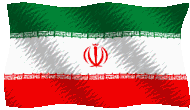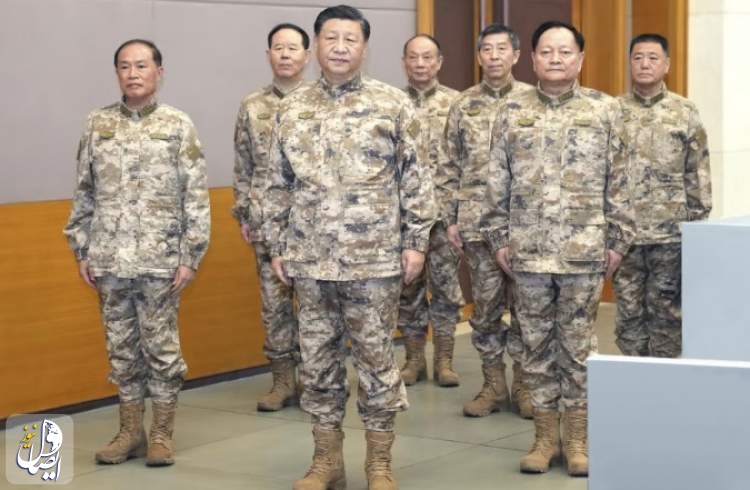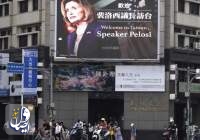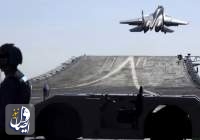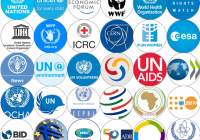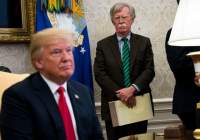Xi’s appointees to China’s top military decision-making and command body boast combat experience and Taiwan expertise. While this doesn’t necessarily portend a confrontation in the Taiwan Strait, it does point to a more military-focused approach to the Taiwan issue.
- Ayatollah Khamenei: The Iranian nation will never enter any arena as the weaker side
- Build regional stability from the ashes of Netanyahu’s war on JCPOA
- Ayatollah Khamenei: US & Zionists will receive a crushing response for what they do against Iran & Resistance
- US moves against cybersecurity ‘risk’ posed by China-made port infrastructure
- Israeli conspiracy behind Iran gas pipeline explosions: Minister
- Assault on Rafah will be met with decisive response: Resistance groups
- India regulator finds $240 mln diverted out of Zee's books, sources say
- Elections are main pillar of the Islamic Republic & in it people are the owners of the country
- Tragedy in Gaza proved current world order is false and will be destroyed :Ayatollah Khamenei
- UNSC to hold meeting on Ukraine on July 17 to be attended by top diplomats

